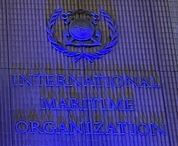
On 30 September 2021, IMO and the global maritime community came together to celebrate the annual World Maritime Day, with a focus on this year's theme: "Seafarers: At the core of shipping's future". As part of the celebrations, which are a fixture in the global shipping calendar, four seafarers joined in an interactive webinar to discuss issues of importance to the future of the sector. In addition, the IMO Headquarters in London became one of several iconic landmarks to be illuminated in blue, kicking off an annual initiative to unite the maritime community and raise awareness of the vital c

A.P. Moller - Maersk said on Tuesday that it is ordering eight large, ocean-going container vessels running on “carbon-neutral methanol”. The vessels will be built by Hyundai Heavy Industries (HHI) and have a nominal capacity of approx. 16,000 containers (TEU). The agreement with HHI includes an option for 4 additional vessels in 2025. Each ship will cost $175 million, and the total cost will be $1.4 billion, according to reports. The series will replace older vessels, generating savings on annual CO2 emissions totaling around 1 million tons. “They will hit the water from early 2024”, said Mor
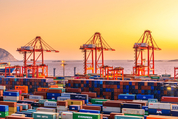
Pre-occupation of vessel space by Chinese shippers has emerged as a global trade issue. Korean companies are also struggling to find ships to transport exports on time. China's spot rates are soaring day by day, and vessels already full of cargo at Chinese ports cannot afford to load more in Busan. China has become a black hole of vessel space. On July 30, the comprehensive SCFI stood at $4,196, about 3.8 times higher than $1,103, where it stood at this time last year. The European route was $7,395 (TEU), and the USWC was $5,518 (FEU). Domestic exporters are suffering as vessels are filling u
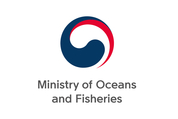
The Ministry of Oceans and Fisheries (MOF; Minister Moon, Seong-hyeok) stated that according to the revised “Regulations for the Prevention of Pollution from Ships,” the permissible nitrogen oxide (NOx) emission limit for domestic ships will be strengthened starting May 19th (Wednesday). Up to now, “Tier 1*” from the table below has been applied to domestic ships constructed in or after 2006 while “Tier 2**” has been applied to ships constructed in or after 2013. Tier 2 requires a 20% reduction in the emission of nitrogen oxides compared to Tier 1. However, when a ship’s engine was replaced wi
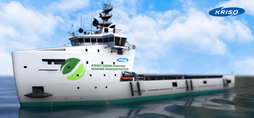
The Ministry of Oceans and Fisheries said it plans to develop an versatile testing platform by 2025 to join global efforts to reduce greenhouse gas emissions and create an eco-friendly maritime industry. Global shipbuilding and shipping markets are hastening a paradigm shift from the existing bunker oil vessels to an eco-friendly ship system in response to the International Maritime Organization's tightening regulations and the EU emissions trading system. Following the implementation of the Act on the Promotion of Environmentally Friendly Ship Development and Distribution in January of last y

Kitack Lim, Secretary-General of the International Maritime Organization(IMO), recently called upon governments to vaccinate seafarers against Covid-19 on a preferential basis since they are at the forefront of world trade as key personnel in the global economy. The UN General Assembly adopted a resolution on December 1 of last year to designate 2 million crew members and marine industry employees around the world as essential personnel and urge governments to facilitate the smooth rotation and repatriation of the crew. "In the Covid-19 crisis, seafarers are making a dedicated contribution to
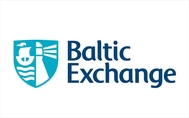
It’s been a rollercoaster, highly volatile year for the container market. Shippers, forwarders and carriers alike have been facing significant levels of financial risk as the cost of moving containers around the world by sea has yo-yoed. Within the space of just a few months we saw China go into lockdown, only to re-open as COVID-19 spread across the rest of the world. Consumer demand has waxed and waned. The spring of 2020 saw sharp demand drops with European container imports declining by 20%, Indian exports down 31% and North American imports falling by 15%. By the autumn we saw ports busy
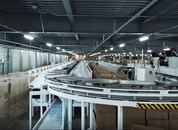
Of the government's budget for next year, 7.9 trillion won has been allocated to the 'Digital New Deal' plan. The project underlying the plan is establishing a 'Data Dam,' which refers to a 'cloud service integration platform' where we can store a large quantity of data and supply it to those in need. This will serve to select and store the data accumulated by public institutions and process it into usable forms. Data processing is a critical factor in AI development; therefore, establishing the 'Data Dam' can be a preliminary work to prepare for future industries. The name 'Data Dam' is also